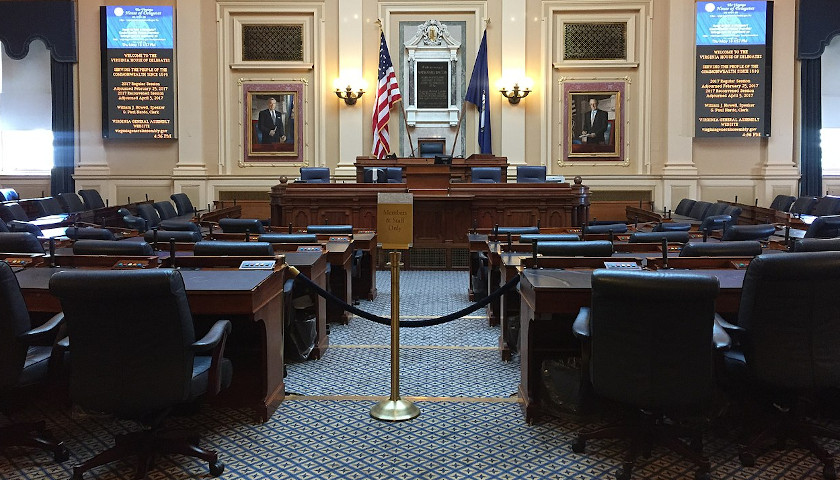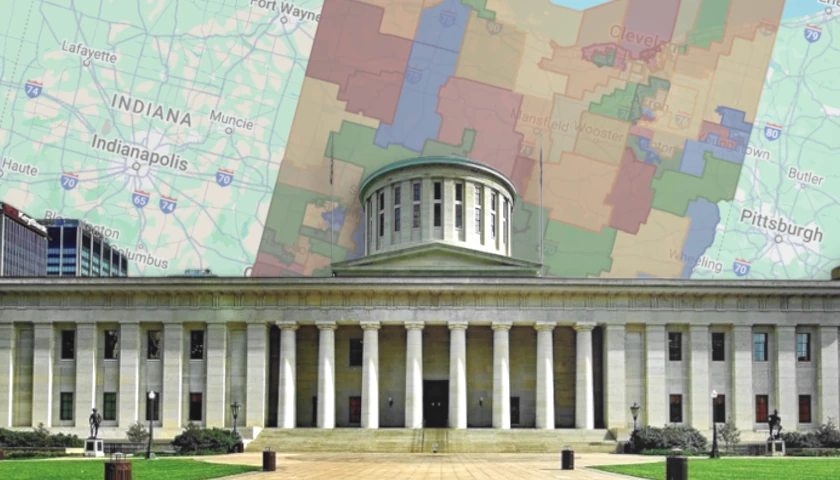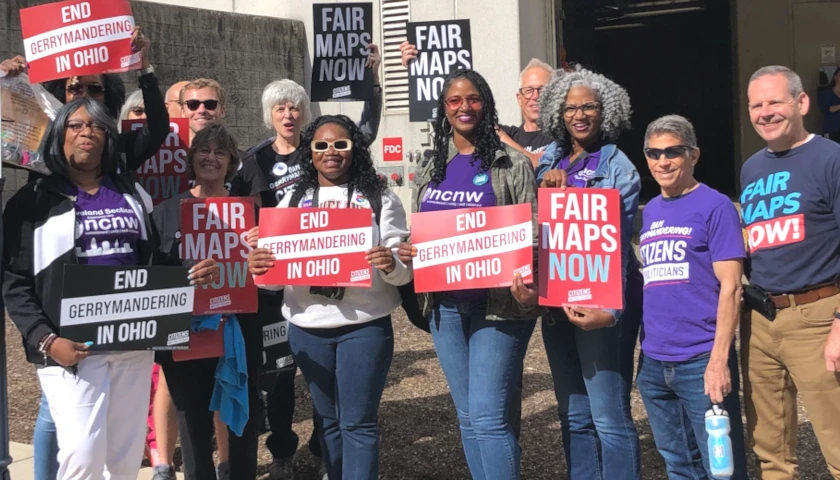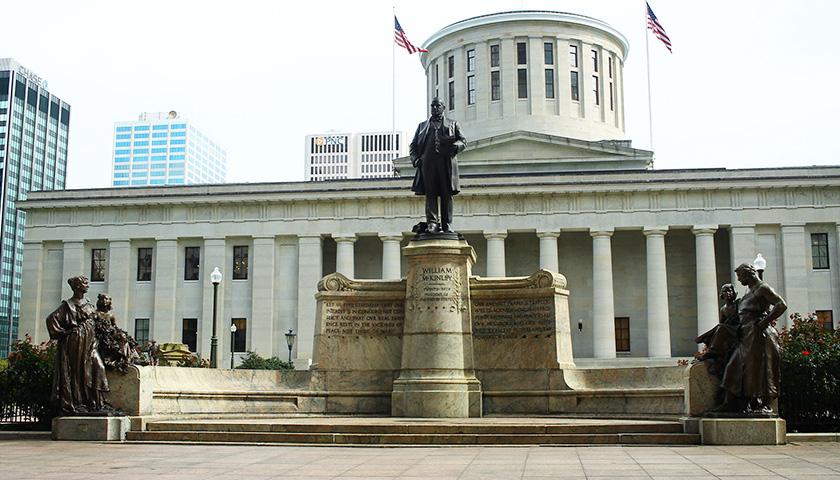Redistricting for Virginia’s legislative districts will not be complete in time for the 2021 House of Delegates elections, according to a draft timeline presented at a Virginia Redistricting Commission (VRC) meeting Tuesday. Census data is not expected until mid-August, which starts a 45-day timeline for the commission to send completed House and Senate maps to the General Assembly. As a result, Virginia may have House of Delegates races three years in a row: 2021, 2022 based on new districts, and the regularly scheduled 2023 election.
“[After the General Assembly vote], a determination must be made as to whether the House of Delegates will have to run again in 2022, or will wait until the regularly scheduled House elections in 2023,” Republican Party of Virginia Chair Rich Anderson told The Virginia Star.
“We will be running along the current lines for 2021 and will most likely have to run three years in a row,” Delegate Nick Freitas (R-Culpeper) said.
In previous years, U.S. Census data was delivered to Virginia in February, according to a VRC fact sheet. But COVID-19 triggered delays, according to a Virginia Division of Legislative Services redistricting guide. In February 2021, the U.S. Census Bureau said it would deliver the data by the end of September 2021. Virginia Division of Legislative Services Director Amigo Wade told the commission Tuesday that the Census Bureau said census data in an older format would be available sooner than expected in February.
“Their communication indicates that the second week of August, they will be able to provide census data. It won’t be formatted the way it’s normally formatted, but it’s still census data,” he said.
Once the data is received, the commission has 45 days to submit House of Delegates and Senate district maps, and 60 days to submit congressional district maps to the General Assembly. After the General Assembly receives the maps, it has 15 days to vote to approve the maps. If it does not, the commission gets another 14 days to submit another plan. Further delays, like missed deadlines, could also extend the timeline, and under certain circumstances, the Supreme Court of Virginia could end up establishing the districts.
If a special election is held in 2022 for the newly redistricted seats, the results of that election will likely be tied to President Biden’s performance in 2021 and 2022.
Pundit Ben Tribbett told The Star, “We haven’t had races for state on ballot in a federal year since 1982. I expect it will make the Virginia elections part of the midterm referendum on Biden.”
If Biden is still popular in 2022, that could boost Democrats, but if Biden’s popularity decreases, it could boost Republicans, who hope to retake control of the House of Delegates.
It’s still too early to know which party will benefit the most from redistricting.
“Redistricting will affect a large number of districts, but it largely depends on the population changes over the last 10 years,” Anderson said. “All that is unpredictable. The urban and suburban districts merit watching because of potential population changes there and subsequent changes.”
Tribbett said, “The suburban/exurban districts will be most impacted.”
– – –
Eric Burk is a reporter at The Virginia Star and the Star News Digital Network. Email tips to [email protected].
Photo “House of Delegates” by Antony-22. CC BY-SA 4.0.





